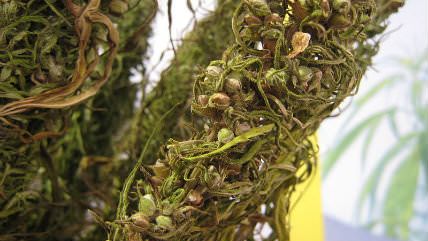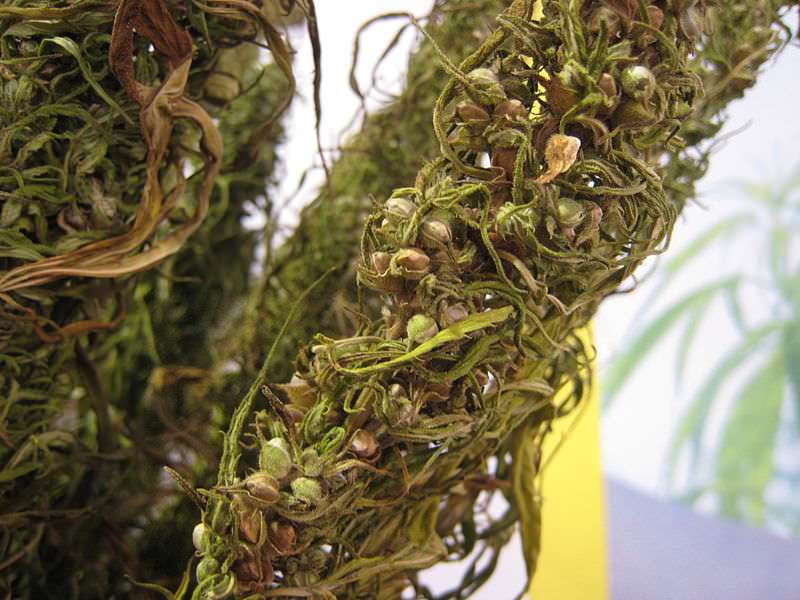More States Moving to Legalize Industrial Hemp Farming


Though you can purchase hemp foods and products in America, growing hemp—the non-psychoactive cousin of marijuana—has been illegal here for decades. But as part of this year's farm bill, Congress approved the growing of hemp by universities and state agriculture departments, for research purposes, in states that permit it.
It's a small step, but it's something. Since the new farm bill's passage, states where hemp farming was totally prohibited have been moving quickly to loosen their rules.
Overall, 25 states have considered industrial hemp legislation in 2014, according to Vote Hemp. Thirteen states—California, Colorado, Hawaii, Indiana, Kentucky, Maine, Montana, Nebraska, North Dakota, Oregon, Utah, Vermont and West Virginia—now allow industrial hemp farming for research and/or commercial purposes.
Hawaii passed a bill this week authorizing the University of Hawaii to grow and research hemp. New York is currently considering a bill to allow universities to grow hemp for research purposes, and similar bills have been under consideration recently in Illinois, Maryland, Michigan, Minnesota, South Carolina, and Washington.
Other states have legalized growing hemp for commercial as well as research purposes (though this puts them in conflict with federal laws). In March, Indiana passed a bill allowing farmers to grow hemp for research or commercial uses. Tennessee's legislature passed a similar bill in April, which is waiting on approval from Gov. Bill Haslam. A South Carolina version passed the Senate and is awaiting further action in the House.


Show Comments (7)